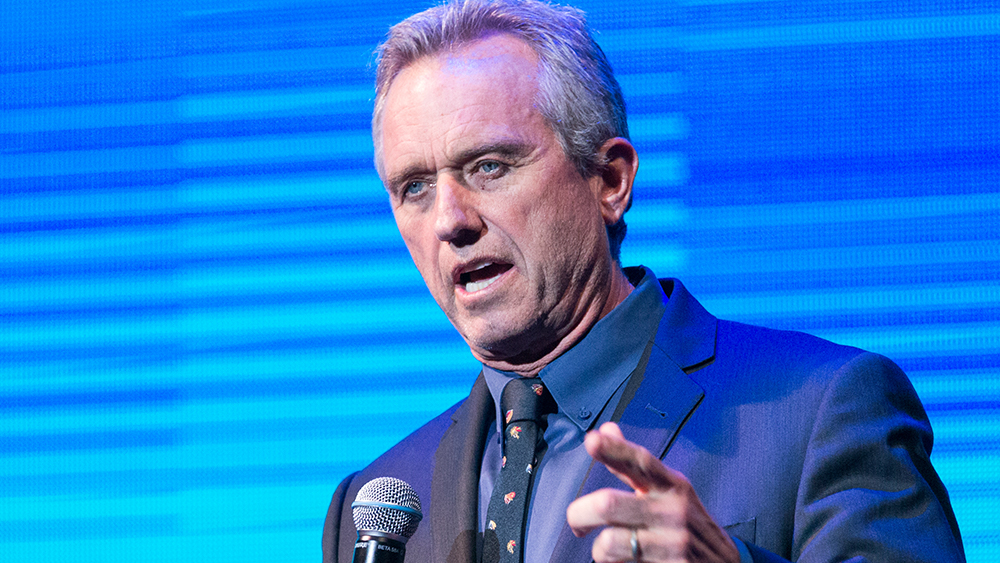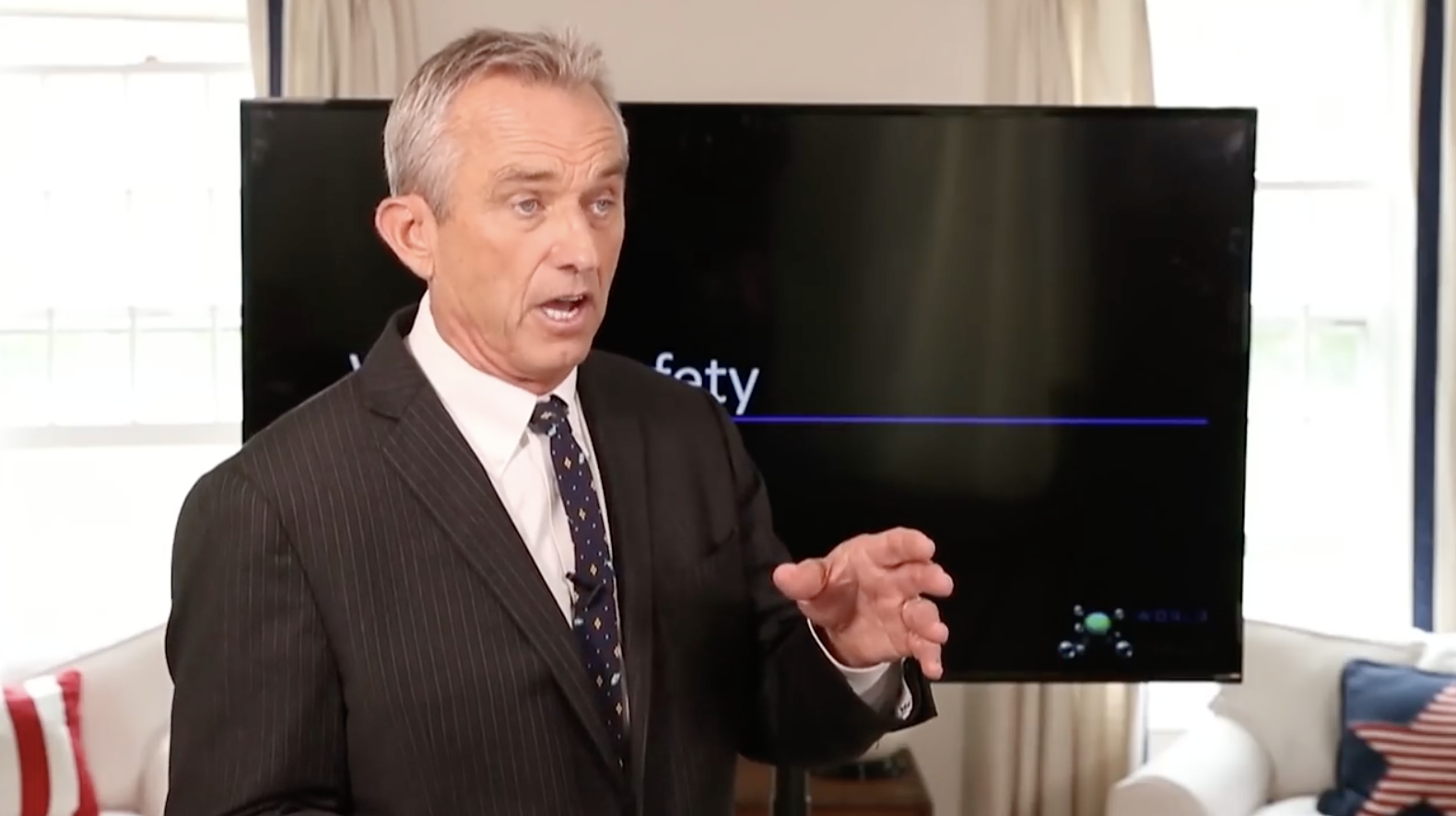Brazilian communist lawmaker introduces “anti-fake news” censorship bill to silence all views except the government’s
05/02/2023 / By Ethan Huff

In solidarity with American Democrats who are pushing for the same, lawmaker Orlando Silva of the Communist Party of Brazil, submitted a bill this week that has been dubbed an “anti-fake news” censorship bill.
Just like American Democrats are trying to do, Silva and his communist sympathizers in Brazil want to make it illegal to spread “misinformation” and “disinformation.” His bill, entitled the “Brazilian Law on Freedom, Responsibility and Transparency on the Internet,” was granted “urgent” status for expedited approval.
The legislation takes specific aim against online free speech, and particularly the kind that occurs on social media. Silva wants all speech determined as “false” by the government to be strictly prohibited.
“I conclude my report for the Brazilian Law on Freedom, Responsibility and Transparency on the internet,” Silva wrote in an English-translated tweet.
“One issue remains: which institution will enforce the law, and eventually apply sanctions. I will make the last consultations and we will publish the final opinion.”
(Related: Last year, Brazil faced crop failures due to Russia’s freeze on fertilizer exports.)
Brazilian lawmakers to be exempt from social media censorship law – rules for thee but not for me
Justice Minister Flavio Dino, another communist leftist in the Brazilian government, was so excited about Silva’s censorship bill that he gave it the highest priority for passage this session.
According to Dino, Brazil is in desperate need of government censorship to eradicate all the “hate speech” that he says is occurring online.
If passed, Silva’s censorship bill would require all social media platforms to create their own respective legal entities for consistent and regular contact with the government.
“It would also create legal punishments for social media sites that do not act to immediately remove content the government deems in ‘violation’ of Brazilian law or the rights of children and teenagers, ranging from warnings to outright blocking access to the platform in Brazilian territory,” a media report further explains.
Furthermore, Silva’s censorship bill would criminalize the dissemination of “false” content online through what has been described as “automated bot accounts.” Social media platforms would then be liable for all damages caused by paid content generated by third parties.
As with most communist proposals, the political “elite” would be exempt from all these censorship provisions, which would only apply to the peons below them in the social strata.
Following heavy backlash from other Brazilian lawmakers, a provision of the bill that would have created an autonomous overseeing body to regulate and enforce compliance with the newly proposed law was stripped.
“The response was not very good,” Silva said about his bill and the stripping of this provision. “The feeling in the House is that, with this autonomous review entity, the bill will not pass.”
Both the Brazilian Chamber of Deputies and the lower chamber of Congress approved a motion to grant urgency status to the bill. This allows it to skip all those pesky committee debates and go straight to a floor vote next week.
If the legislation passes the House, it will then move on to the Senate before being signed into law, much like how laws are passed here in the United States.
“I believe we will be able to approve the text,” Silva said. “The report dialogues with everything I have heard in the last few days. The effort is to guarantee the freedom of expression, but also to guarantee the accountability of the digital platforms.”
Silva further added that the passage of his bill means that “Brazil will be able to help in the global debate on media regulation if the law is approved at this time.”
More related news coverage can be found at Communism.news.
Sources for this article include:
Submit a correction >>
Tagged Under:
banned, big government, Brazil, Censorship, communism, computing, conspiracy, cyber war, disinfo, fake news, fascism, freedom, freedom of speech, Glitch, legislation, Liberty, media fact watch, Orlando Silva, propaganda, Social media, speech police, Suppressed, thought police, Tyranny
This article may contain statements that reflect the opinion of the author
RECENT NEWS & ARTICLES
COPYRIGHT © 2017 PENSIONS NEWS




















